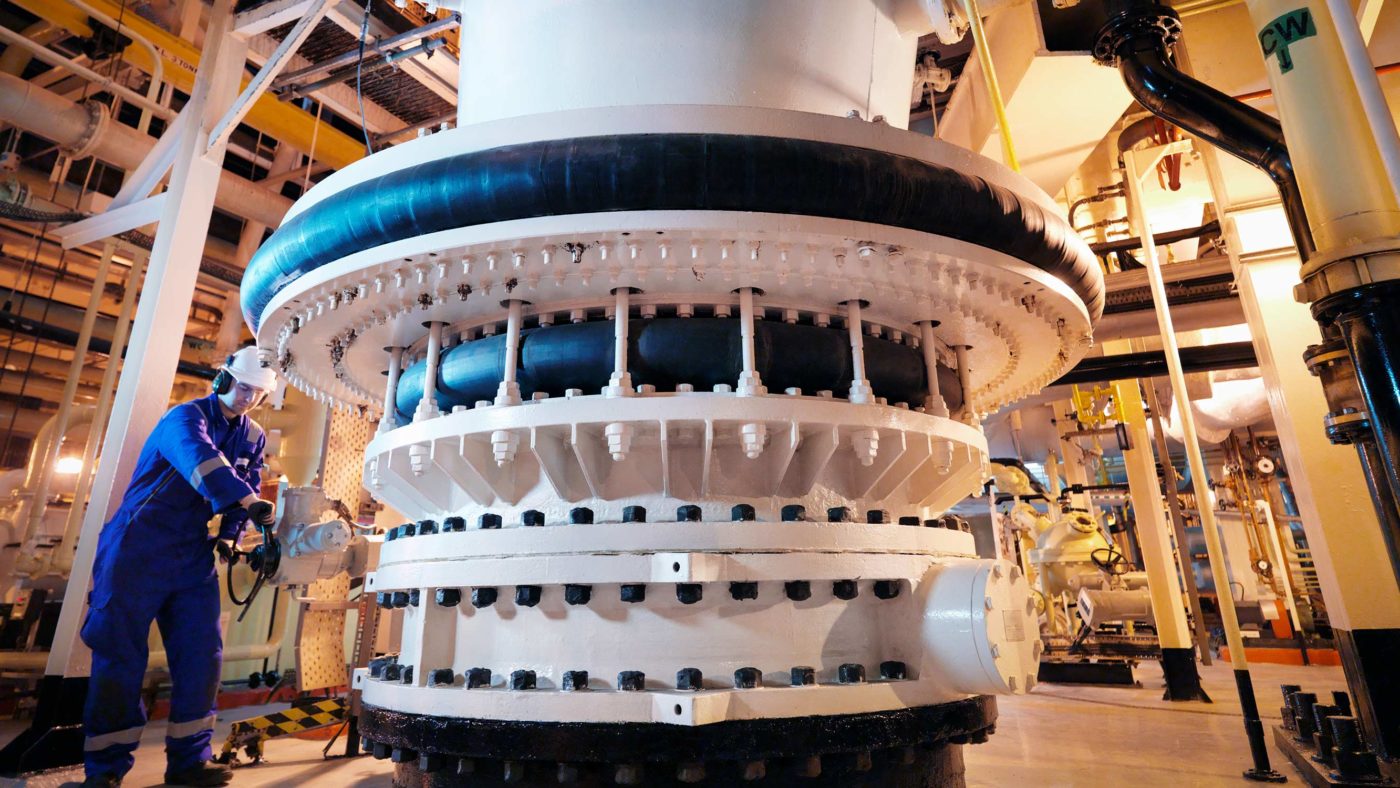The inherent weaknesses and unreliability of our energy system have been laid bare this week and it is, to say the least, concerning. Not just because of the energy businesses that have failed and the redundancies that have been made, but because the whole scenario has felt so uncontrollable.
Production outages in Norway that have led to skyrocketing gas prices, a fire at our main energy interconnector with France and low wind output have all felt like events out of our hands. And although the Government have assured us that the lights won’t go out, it still leaves us with some serious questions about the long-term reliability of our grid and our reliance on energy imports and weather-dependent renewables.
But at times like this it is important – if admittedly difficult – to pull yourself away from reactive headlines, instead assessing the situation and planning ahead to mitigate this scenario occurring in future. Of course, the Government can’t stop fires at interconnectors – a freak occurrence. Nor can it legislate for a drop in Norwegian production. Instead, we need to concentrate on the long-term solutions we can control.
One of those solutions is to first recognise that intermittent generation cannot be the bedrock of our electricity system. It goes without saying that wind and solar generation are vital contributors to our energy system. Wind itself provides a healthy chunk of our electricity needs and will likely be this country’s golden ticket to reaching net zero by 2050.
Yet despite this, it’s clear that wind and solar power cannot be relied on to meet our entire energy needs. Moving forward, we need to complement the roll out of wind capacity with the deployment of more reliable baseload power in the form of new nuclear power stations.
Unheralded, nuclear energy has quietly been the backbone of the grid for the last few decades, supplying 20% of the UK’s energy needs regardless of the price of gas, the health of our interconnectors or the temperamentality our weather. Only last month the UK marked the 65th anniversary of nuclear power being generated not just in the UK, but the world. Since then, stations across the country have provided almost 2,000TWh to the grid, enough low-carbon electricity to power the UK’s 29 million homes for the next 18 years. It has been a supply of electricity that has been uncomplicated, unassuming and above all reliable.
But our nuclear stations are old and decades of reliable service from the existing fleet is coming to an end. It is remarkable that our aging nuclear stations, many approaching their end of life, remain such a vital source of baseload to the grid and it’s a testament to the British nuclear sector and supply chain that they have managed to stave off retirement for this long. To ensure the grid resilience we need though, it is now time to hand the baton over to the next generation of reactors.
Luckily help is on its way. Hinkley Point C, the new facility in Somerset will be capable of supplying 3.2GW of low-carbon, firm energy to the grid. Sizewell C – a direct replica of Hinkley Point C – will also help shore up the grid providing electricity to millions up until the 22nd century. Even Sizewell B, which began first producing energy in 1995, is exploring an extension of its lifetime by 20 years to 2055..
Getting Hinkley Point C operational, Sizewell C approved, and Sizewell B extended is a minimum requirement for the nuclear and wider energy sector. With electricity demand set to rise throughout the 2020s, a reliance on foreign energy imports, and the UK’s requirement to wean itself off gas in line with its climate commitments, our grid stability has never looked in more jeopardy. Failure to meet this requirement will only incur more of the scenarios we have seen this autumn.
It has been encouraging to hear the Business Secretary reaffirm this week the Government’s belief that nuclear is indeed an essential part of the answer. I would now encourage him though to go further and commit to new nuclear as an immediate priority.
Click here to subscribe to our daily briefing – the best pieces from CapX and across the web.
CapX depends on the generosity of its readers. If you value what we do, please consider making a donation.


